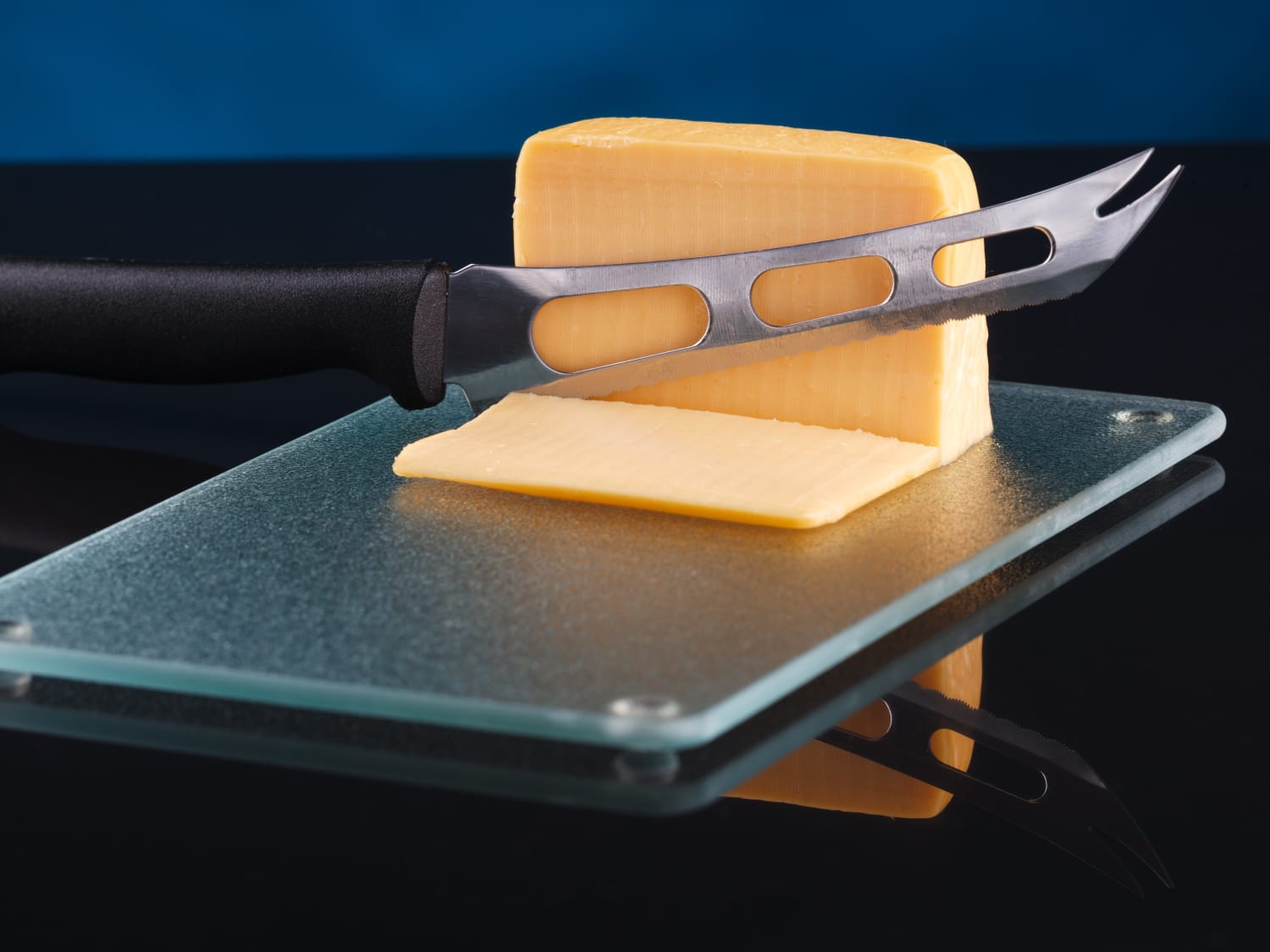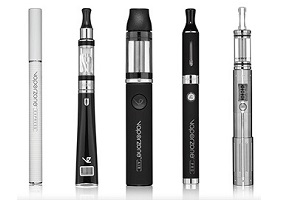Traditionally, chopping boards were made of wood, but as kitchen technology has progressed, more suitable materials have surfaced. Whilst wood is self-mending to a point (shallow cuts and scores heal), you must be careful when choosing wood as certain woods absorb and hold in dirt or even worse, habour dangerous toxins. Wooden chopping boards are also unsuitable for dishwashers as the machines use water up to temperatures of 55-65C (130-150F). This will render the board unusable as the wood will split and the board will no longer be flat. Wooden chopping boards also need regular treatment if you wish to prolong its life and guard against mold. Pure mineral oil is often cited as the best weekly treatment for wooden chopping boards as it’s cheaper but some people use other edible oils such as olive or sunflower oil however they should be left for an hour and then thoroughly washed. Personally, I find this an unnecessary hassle.
Next, plastic cutting boards are in theory, more hygienic than wooden cutting boards. They are mostly found in professional kitchens as they are cheap and won’t break if dropped. However, the plastic is often softer so chopping boards suffer more cuts but this is only a problem if they can’t be kept dry (i.e. stored in a rack on their side so water drips off). Plastic boards are also survive higher dishwasher temperatures but are not as nice to look at. It is personal preference but I think plastic glass chopping board look cheap in domestic kitchens and are suitable for students or those kitting out their first home but when you become more serious about cooking and the appearance of your kitchen, you want equipment that caters for your needs rather than your pocket.
Marble “chopping boards” are intended for rolling pastry or bread dough, as the marble is cold and therefore a better surface for pastry chefs. The reason why marble boards are unsuitable for cutting vegetables on is because firstly, marble is tough on knives and will make them blunt very quickly. Secondly, acidic foods like tomatoes or lemons will begin to eat away at the surface and begin to dissolve your beautiful marble board. Not only are they heavy, they are expensive and easy to chip. I would only recommend buying a marble board if you intend to cook intricate desserts and master making pastry.
Recommendation: For domestic kitchens, I recommend glass cutting boards. This is because they are hygienic as there are no grooves created by knives for bacteria like e-coli to hide in but they are also dishwasher safe up to all temperatures. What is also useful to know is that glass cutting boards can get slippery so take care! As a result of the slipperiness, on the plus side, it is easier to transfer chopped food into a saucepan or onto a plate than say, wooden boards that offer more resistance.
Glass chopping boards are also brilliant for aspiring chefs to express their personality with a vast array of counter-top designs. Lastly, because they’re heat resistant, you don’t have to worry about using it as a pot stand in a smaller kitchen and leaving unsightly black rings on your chopping board whilst shuffling dishes around the oven.






